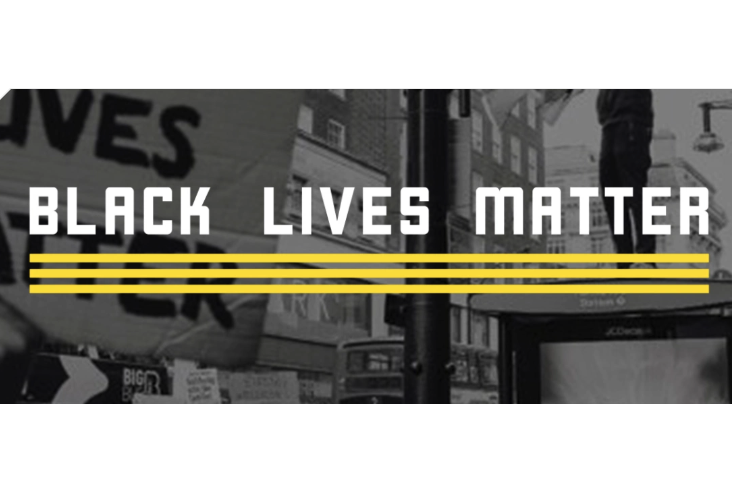At BIMM Music Institute, we’re a proud ally to Music Minds Matter helping our students navigate the ups and downs of feedback and criticism in the music world.
BIMM Music Institute is an ally of Music Minds Matter, a mental health charity that supports those working in music. We work closely together to ensure our students are equipped to manage their mental health and wellbeing during their studies and to prepare them for a life in music that positively supports their mental health.
Creating and putting yourself out there through your music or another art form invites opinions from others. These opinions may range from praise to criticism. While criticism is often intended as constructive feedback, it might not always feel that way. This can depend on your state of being, your relationship with the person providing the feedback, and how sensitively you respond to criticism.
In an industry where feedback and criticism are daily occurrences, understanding how you respond can help you manage criticism with greater confidence, protect your wellbeing, and view it as an opportunity to learn and develop.
Getting to know your typical responses to criticism—whether you shut down, ignore it, become defensive, or withdraw—can help you recognise these patterns and think about more positive ways to respond.
Here are some tips to work into your checklist:
Pause: How you react is the only thing you can control. You are responsible for your response, so check in with your body. Have you stiffened up? What’s your breathing like? Once you identify how your body feels, deepen and slow your breathing and pause before you act.
Listen: Take criticism seriously, but not personally. Tune into what is being said rather than the tone. Instead of viewing it as a personal attack, consider it an opportunity to learn and improve.
Process: Allow yourself time to assess the feedback. Determine whether it’s constructive or toxic criticism. Challenge yourself on what you’ve heard—ask questions like, “What can I learn from this?”
Respond Thoughtfully: You don’t have to respond immediately. Create space and time for reflection by saying, “Thank you for sharing your feedback. I’d like to reflect on it before I respond.” Think about your tone of voice, body language, and facial expressions when you do respond. A calm and considered manner projects confidence and emotional maturity.
Embrace Opportunity: If the criticism offers valuable insights, think about how you can use them to develop. Whether it involves enhancing performance skills or exploring new techniques, use insights as a pathway for growth. Don’t forget to show yourself some self-compassion. We all make mistakes, and learning from them helps us evolve.
Knowing the Difference Between Criticism and Constructive Feedback
Understanding this distinction is crucial for managing your response. Constructive feedback aims to enhance your behaviour, often with facts, solutions, and empathy. In contrast, criticism tends to focus on areas for improvement without constructive solutions. Destructive criticism attacks character rather than behaviour, often feeling personal and hurtful.
Dealing with Criticism and Mental Health
When facing mental health challenges, taking criticism can feel overwhelming, exacerbating feelings of inadequacy and vulnerability. Having coping mechanisms in place is vital for managing these emotions.
Switch Things Up: Introduce distractions to break the cycle of negative thoughts. Whether it’s a walk or reading a book, identify what works for you. Time Out: Take the time you need to process. This could involve stepping away from your workspace or engaging in a calming activity.
Journalling: Write down things you’re grateful for or enjoy. This can help put criticism into perspective.
Reaching Out: Don’t hesitate to talk to someone you trust. They can provide support and remind you of your positive qualities.
Getting Help: If you’re struggling, seek help. Resources and services are available to support you.
Hearing and processing criticism can be challenging, especially when managing your mental health. Practice self-compassion and remember, we’re all in this together—so be kind to yourself as you learn and grow and lean on the support from BIMM and Music Minds Matter whenever you need it.
This blog post was written in partnership with Music Minds Matter.



